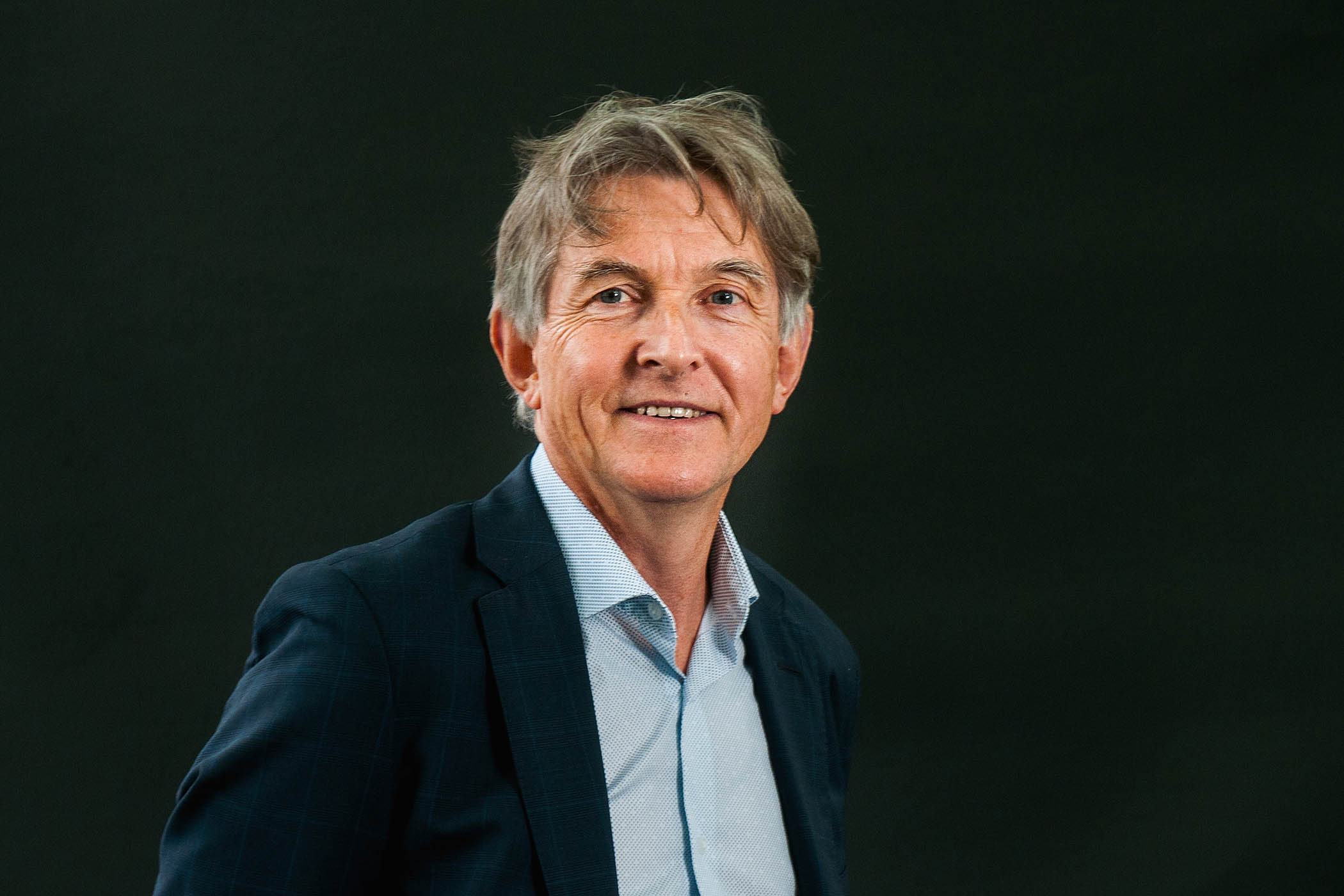Keir Starmer’s decision to recognise the state of Palestine last week would have been welcomed by Conor Gearty, professor of human rights law at the London School of Economics, though as a robust critic of Israeli aggression he would probably have used it to rebuke the prime minister for not doing enough to stop the war in Gaza.
Gearty, also a barrister and founder member of Matrix Chambers, did not hide his low opinion of the west’s handling of Israel. Promoting his 2024 book Homeland Insecurity: The Rise and Rise of Global Anti-terrorism Law, he said talk of peace was just empty platitudes. “No one is safe, not the UN … not journalists, not university professors, not aid or health workers,” he said. “How have Israel’s secondary supporters among the former colonial powers in Europe reacted? For someone who wants to believe in law, the answer is depressingly clear: the effect has been zero.”
Nimer Sultany, reader in public law at the School of Oriental and African Studies (SOAS), said Gearty would never stay silent to avoid controversy. “Conor was an unwavering and courageous champion of the rights of the Palestinian people,” he said. Ben Saul, UN special rapporteur on counter-terrorism, added: “No one spoke truth to power in pursuit of justice in dark places as incisively, passionately and elegantly.”
Gearty expressed other, similarly trenchant, views in his final podcast, for Prospect magazine, released a week before he died. After regretting that few politicians today have a background in protest, he strongly criticised Starmer for failing to defend universalism. With characteristic colour, he warned that Labour’s failure to assert liberal views could usher in a far-right government that would enact a death to illegal migrants act, since “English law charmingly doesn’t allow you to kill foreigners”.
Yet while he could be forcefully eloquent, he dressed it in such friendly tones that even his strongest political opponents liked arguing with him. In the 1980s, he often appeared on a Radio 4 programme that brought together two people with wildly different views to see if they could find any common ground. In February, he lamented that modern online tribalism meant people were forgetting how to disagree agreeably.
Gearty’s enjoyment of argument made him a popular teacher, with one of his most recent students writing on a tributes page about the “electric current” that coursed through his classes. Philippe Sands, a co-founder of Matrix in 2000, called him “that rare thing: a teacher, scholar and public intellectual who catalysed coming generations”.
He could change his mind, notably over the Human Rights Act, which he had opposed when it was introduced in 1998, fearing that conservative judges would overrule elected politicians. He later he had worried needlessly, suggesting that human rights had become “the only way of doing socialism”.
Conor Anthony Gearty was raised in Abbeylara, Co Longford, one of six children, whose father was a solicitor. At University College Dublin, he showed formidable talent as a debater alongside Donal O’Donnell, now chief justice of Ireland. The pair won the Irish Times debating competition in 1978, then came to Britain and won the Observer Mace, created by this newspaper in 1954. Many famous names have won the mace, including John Smith, Charles Kennedy, Donald Dewar and Sally Rooney. None won it a second time, as Gearty and O’Donnell did in 1979.
Related articles:
Despite professing no interest in research, he went to Cambridge to study for a PhD in environmental law, a subject he would never touch again, mainly to get away from Ireland. He became a fellow of Emmanuel College, then in 1990 moved to King’s College London, from where he joined the Bar, becoming an honorary Queen’s Counsel in 2021.
He wrote frequently for the London Review of Books from 1994 on such subjects as the sale of arms to Iraq, war crimes and his family’s connections to Irish republicanism. Joseph McGuinness, the first Sinn Féin member to be elected to Westminster, was related by marriage. A piece criticising the UK supreme court for “quietly editing the Human Rights Act out of existence” will appear in a forthcoming issue.
Newsletters
Choose the newsletters you want to receive
View more
For information about how The Observer protects your data, read our Privacy Policy
In the 1990s, he played mixed five-a-side football with the sports writer Alyson Rudd, who recalled someone who was “wiry, athletic and whole-hearted”. Of his post-match company in the pub, she said: “He had strong opinions but no ego.He was witty, gracious and seemed to have triple the energy of anyone else, mentally and physically.” His exuberant sense of humour came out when judging the dog show for his north London community’s annual street fair, where his commentary on entries ranged from outrageous to defamatory. He was also a committed school governor for 25 years.
He was married twice: to Diane Wales, a BBC producer who died of cancer in 2011, and Aoife Nolan, a fellow human rights lawyer. He had four children: Eliza, Owen, Éile and Fiadh.
Last October, Gearty shattered his pelvis after coming off his bicycle, which forced him to take what he said was his first time off work for 40 years. His cultural passions ranged from Doctor Who to Wagner, whose music he called “the grandest most beautiful sound that human kind has ever contrived to make”.
Ian Kennedy, who appointed him at King’s, recalled “a brilliantly articulate advocate for the best in us when some encourage the worst”, while the human rights lawyer Brenda Campbell KC said: “To his students, he was an inspiration; to his colleagues, he was courage; to his clients, he was a saviour; and to his family, he was their world.”
Conor Gearty, academic and human rights barrister, was born on 4 November 1957, and died on 11 September 2025, aged 67
Photograph by Simone Padovani/Awakening via Getty Images



